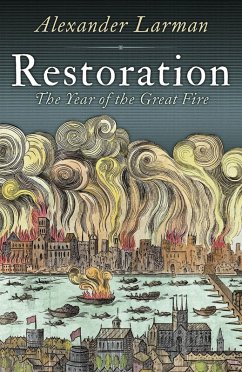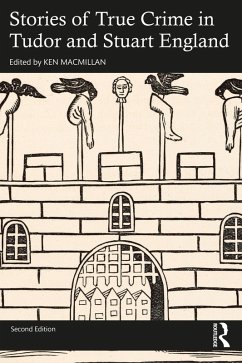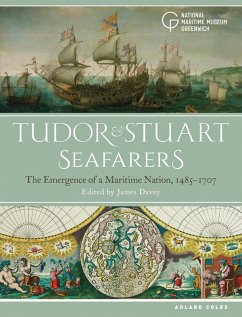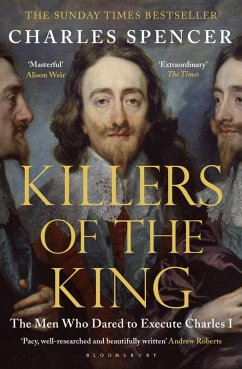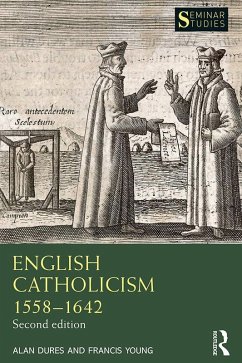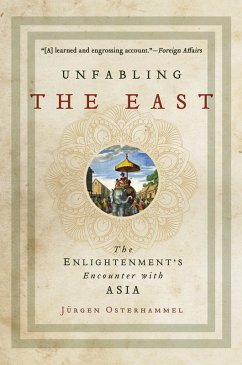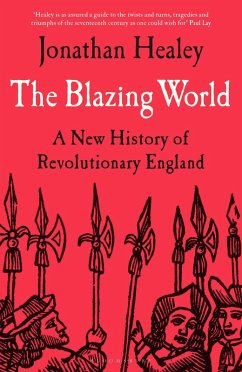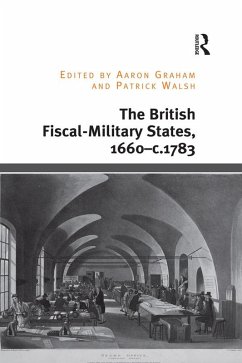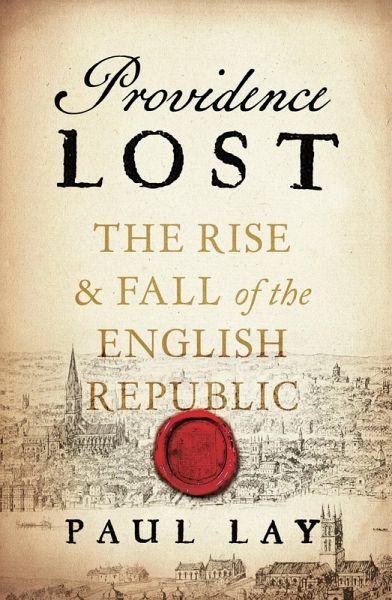
Providence Lost (eBook, ePUB)
The Rise and Fall of Cromwell's Protectorate

PAYBACK Punkte
4 °P sammeln!
'A compelling and wry narrative of one of the most intellectually thrilling eras of British history' Guardian. *****************SHORTLISTED FOR THE CUNDILL HISTORY PRIZE 2020 England, 1651. Oliver Cromwell has defeated his royalist opponents in two civil wars, executed the Stuart king Charles I, laid waste to Ireland, and crushed the late king's son and his Scottish allies. He is master of Britain and Ireland.But Parliament, divided between moderates, republicans and Puritans of uncompromisingly millenarian hue, is faction-ridden and disputatious. By the end of 1653, Cromwell has become 'Lord ...
'A compelling and wry narrative of one of the most intellectually thrilling eras of British history' Guardian.
*****************
SHORTLISTED FOR THE CUNDILL HISTORY PRIZE 2020
England, 1651. Oliver Cromwell has defeated his royalist opponents in two civil wars, executed the Stuart king Charles I, laid waste to Ireland, and crushed the late king's son and his Scottish allies. He is master of Britain and Ireland.
But Parliament, divided between moderates, republicans and Puritans of uncompromisingly millenarian hue, is faction-ridden and disputatious. By the end of 1653, Cromwell has become 'Lord Protector'. Seeking dragons for an elect Protestant nation to slay, he launches an ambitious 'Western Design' against Spain's empire in the New World.
When an amphibious assault on the Caribbean island of Hispaniola in 1655 proves a disaster, a shaken Cromwell is convinced that God is punishing England for its sinfulness. But the imposition of the rule of the Major-Generals - bureaucrats with a penchant for closing alehouses - backfires spectacularly. Sectarianism and fundamentalism run riot. Radicals and royalists join together in conspiracy. The only way out seems to be a return to a Parliament presided over by a king. But will Cromwell accept the crown?
Paul Lay narrates in entertaining but always rigorous fashion the story of England's first and only experiment with republican government: he brings the febrile world of Oliver Cromwell's Protectorate to life, providing vivid portraits of the extraordinary individuals who inhabited it and capturing its dissonant cacophony of political and religious voices.
*****************
Reviews:
'Briskly paced and elegantly written, Providence Lost provides us with a first-class ticket to this Cromwellian world of achievement, paradox and contradiction. Few guides take us so directly, or so sympathetically, into the imaginative worlds of that tumultuous decade' John Adamson, The Times.
'Providence Lost is a learned, lucid, wry and compelling narrative of the 1650s as well as a sensitive portrayal of a man unravelled by providence' Jessie Childs, Guardian.
*****************
SHORTLISTED FOR THE CUNDILL HISTORY PRIZE 2020
England, 1651. Oliver Cromwell has defeated his royalist opponents in two civil wars, executed the Stuart king Charles I, laid waste to Ireland, and crushed the late king's son and his Scottish allies. He is master of Britain and Ireland.
But Parliament, divided between moderates, republicans and Puritans of uncompromisingly millenarian hue, is faction-ridden and disputatious. By the end of 1653, Cromwell has become 'Lord Protector'. Seeking dragons for an elect Protestant nation to slay, he launches an ambitious 'Western Design' against Spain's empire in the New World.
When an amphibious assault on the Caribbean island of Hispaniola in 1655 proves a disaster, a shaken Cromwell is convinced that God is punishing England for its sinfulness. But the imposition of the rule of the Major-Generals - bureaucrats with a penchant for closing alehouses - backfires spectacularly. Sectarianism and fundamentalism run riot. Radicals and royalists join together in conspiracy. The only way out seems to be a return to a Parliament presided over by a king. But will Cromwell accept the crown?
Paul Lay narrates in entertaining but always rigorous fashion the story of England's first and only experiment with republican government: he brings the febrile world of Oliver Cromwell's Protectorate to life, providing vivid portraits of the extraordinary individuals who inhabited it and capturing its dissonant cacophony of political and religious voices.
*****************
Reviews:
'Briskly paced and elegantly written, Providence Lost provides us with a first-class ticket to this Cromwellian world of achievement, paradox and contradiction. Few guides take us so directly, or so sympathetically, into the imaginative worlds of that tumultuous decade' John Adamson, The Times.
'Providence Lost is a learned, lucid, wry and compelling narrative of the 1650s as well as a sensitive portrayal of a man unravelled by providence' Jessie Childs, Guardian.





